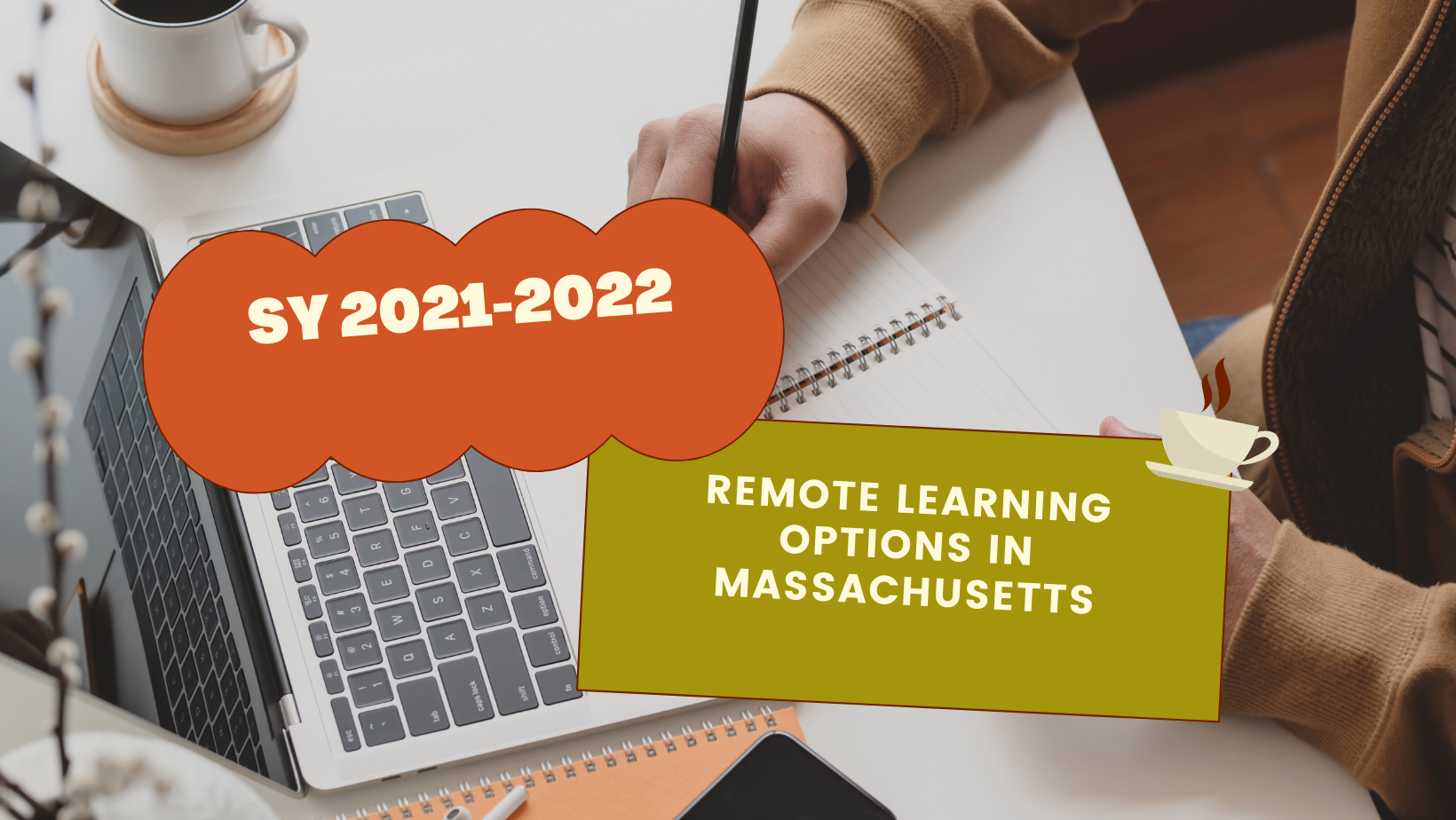What is a 504 Plan?
/What is a 504 Plan?
Section 504 plans get their name from Section 504 of the Rehabilitation Act of 1973, which is a federal law designed to prevent any student with a disability from discrimination due to their disability. Students who qualify for a 504 plan cannot be denied the opportunity to participate in any aid, benefit, services, and/or activities that are available for students without disabilities and must receive a “free and appropriate public education” (FAPE). This includes school sponsored non-academic and extracurricular services and activities.
Who is eligible for a 504 Plan?
Under the federal and state special education laws, a student is deemed eligible for an IEP after a two-pronged test:
1) Does the student have a recognized disability?
2) Is the student not making effective progress because of the disability, or does the student need specialized instruction and/or related services to make effective progress in the general curriculum?
If the answer to both tests is “yes”, an IEP is required. If not, a Section 504 plan may be considered.
To be eligible for individualized assistance under Section 504, a student must have a disability that “substantially limits” one or more “major life activities.” The major difference between a 504 plan and an IEP is that, for a 504 plan, the student does NOT need specialized instruction to make effective progress. Instead, the student may need only accommodations (such as additional time, special seating, or sensory breaks) and/or related services (such as a reading program, speech and language services, or occupational therapy) in order to access the general curriculum.
How does a 504 plan differ from an IEP?
There is no accountability for the goals, accommodations, etc. being implemented and achieved.
There is no requirement that the 504 plan be written.
There is no requirement for progress reporting during the school year.
There is no requirement to do transition planning for the student.
There are no disciplinary protections for the student for any behavior and/or conduct violations.
The individual is entitled to lifetime access to any program or activity that either receives Federal funding or is conducted by an Executive agency or the United States Postal Service.
Have questions or concerns about your child's education? Contact us to discuss further:
E.M. Curran & Associates LLC
10 Tower Office Park
Suite 314
Woburn, MA 01801
Phone: 781-933-1542
Fax: 781-933-1549
ellen@emcurranlegal.com























